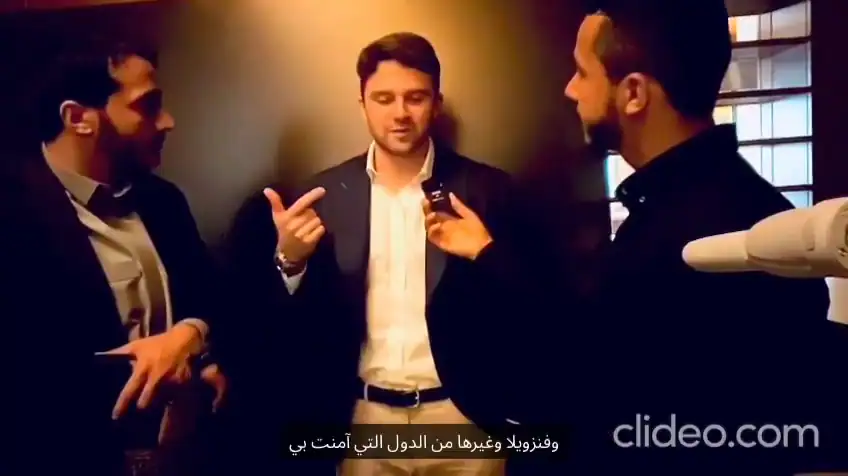
Following is an interview with Iraqi President Jalal Talabani, which aired on Channel 1, Egyptian TV on November 14, 2007:
Jalal Talabani: A Kurdish secession from Iraq is impossible. Why? Let's assume that the Kurds declare independence, and that the Iraqi government does not wage war against them, but that it seals the border. Let's also assume that Turkey, Syria, and Iran do not declare war either – although they would indeed declare war in such a case – but they also seal their borders. How would this government survive? How would it import or export goods? How would it maintain contact with the world? It would be unable to do so. Therefore, such a secession is impossible. Moreover, the Kurdish people has begun to realize – as was evident in its vote in favor of Iraqi unity – that its real interest of prosperity and development lie within a democratic, federal, united, and independent Iraq.
[...]
Let's take the Sunni Arabs in Iraq, for example. They do not want Iraq to be partitioned. They might be dreaming of regaining the rule in Iraq, but not of its partitioning. The same goes for the Shiites in Iraq. They consider themselves to be the majority in Iraq, and they wish to be the rulers of Iraq, not to divide it up and rule only part of it. They believe that their true interests – just like the Kurds – lie within a democratic, federal, and united Iraq.
[...]
Interviewer: You opposed the execution of President Saddam Hussein.
Jalal Talabani: I was against the way it was done. In my opinion, Saddam Hussein should have been tried for two important issues – First, the wholesale execution of Ba'thists. Saddam Hussein, during a certain meeting, gave the order to execute dozens of members of the Ba'th leadership, and it was carried out at that very same meeting, without a trial and without a verdict. The charges were most peculiar – their desire to unify Syria and Iraq. Arab unity was considered a crime, despite the Ba'thist motto: "Unity, liberty, socialism." Saddam "implemented" this motto by killing those who called for unity. This case should have been presented to the Arab and Iraqi public, so that they would know Saddam's deeds, and not just that he murdered a group of people from a certain region with a certain sectarian affiliation. Then there is the issue of the Al-Anfal campaign, in which some 200,000 Kurds were buried alive. You must have heard that we have mass graves in Iraq, in which hundreds of thousands of civilians were buried alive without a trial. He should have been placed on trial for that, as well as for the wholesale execution of the Ba'thists, so that the public would know what he did. I did not agree with the haste to execute him – and bear in mind that in principle, I do not support executions.
Interviewer: You opposed the recent death sentence handed down to the two condemned men in the case of Al-Anfal, including Chemical Ali, as he is notoriously known, who was responsible for the murder of thousands of Kurds.
Jalal Talabani: He is also responsible for cursing me. If you go over the old recordings, you will see that he used to curse me in the most disgusting way. It is a matter of principle, my brother. As I said, since I once signed a declaration against executions and since I am a member of the Socialist International, I am opposed to executions. Besides, Iraq has witnessed enough executions. Yes, I think that a lot of blood has been spilled on Iraqi soil, and that one killing leads to another, and that we must take into consideration the feelings of our Sunni Arab brothers on this matter. Take the issue of the officers, for instance – I am against the execution of officers of the former Iraqi army. They were carrying out orders – otherwise, they would have been killed. An Iraqi army officer who refused to carry out an order would not have been placed on trial, but shot in the head.













